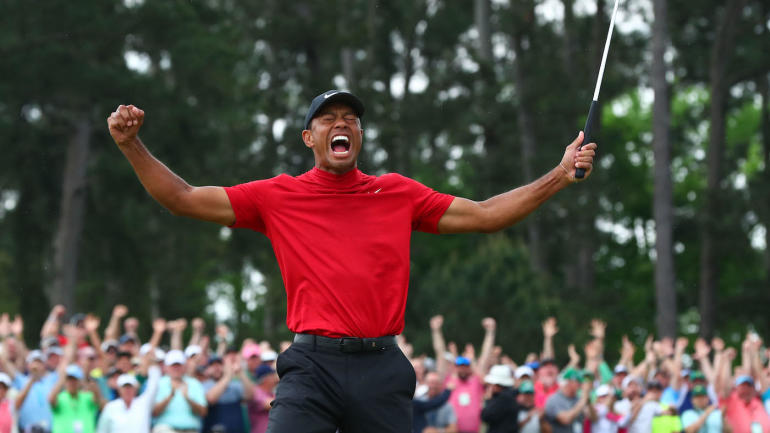NOTE: This article originally appeared in The Fordham Ram in April of 2020.
On the night of January 27, the sports world was still reeling from the sudden loss of Lakers legend Kobe Bryant in a helicopter crash the day before. The deaths of Bryant, his daughter Gianna, Orange Coast College baseball coach John Altobelli and six others left the world in a state of shock. I was among those in that category, having grown up with Kobe’s greatness and outward invincibility on the basketball court.
The next night, ESPN replayed Bryant’s last game, which celebrated its fourth anniversary this past Monday. Despite the fact that it happened four years ago and I knew how it ended, I still found myself glued to my television for the final three-and-a-half minutes, where Bryant scored 15 of his 60 points to lead the otherwise hapless Lakers to a victory over the middling Jazz.
Little did I know that late January night would be a preview of events to come in the televised sports world.
That day, there were five documented coronavirus cases in the United States. Today, there are over 600,000, with new cases and deaths — of which there are over 25,000 — spiking with each passing day. As such, all sports are on hold in America, as the hyper-infectious nature of the disease does not allow for teams to play each other or for any large gatherings to take place.
With that in mind, networks that would typically carry live sports right now have been forced into uncharted territory, and they have responded by airing old broadcasts of classic sporting events. As much as I thought this would be boring for hardcore fans like myself, it has actually been a joy to watch.
Easter Sunday was a great example of this. CBS, which would have been airing the final round of The Masters on Sunday afternoon, instead aired last year’s final round, which saw Tiger Woods win his fifth green jacket and first major since 2008. The event is one of the best sports moments of my lifetime, and Woods’ victory is one of the crowning achievements of his already illustrious career.
In rewatching the round, I found it to be equally as riveting as seeing Tiger’s victory the first time. CBS’s broadcast also included an interview with Woods conducted by Jim Nantz, the preeminent voice of the network and arguably all of sports broadcasting. At times, the round felt like a director’s cut, with Woods walking viewers through the final round and the tournament’s turning point when four of his challengers found the water on the Par-3 12th hole. Woods’ analysis, believe it or not, was that his competitors had all hit good shots, but their golf balls were knocked down by a vicious wind. This kind of insight could only be found from someone who was right in the middle of the action; that person just happened to be the tournament champion himself.
This was not the only example of networks replaying classic events for their viewers in this difficult time. ESPN has been showing many classics, ranging from the greatest college football game of all time, the 2006 Rose Bowl, the Saints’ first game in New Orleans after Hurricane Katrina, the last two games of the 2013 NBA Finals and Cal Ripken, Jr.’s record-breaking 2,131st consecutive game for the Orioles in 1995.
These are not just for fans of particular teams. Everyone can find some enjoyment in watching sports during this difficult time in which we are all forced to stay at home. For so many years, sports have been a sign of normalcy in our country. They have guided us through wars, crises and national catastrophes like the 9/11 attacks. In fact, after Sept. 11, the return of sports was a clear signal that the country was ready to resume normal activity despite the horrific loss of life in New York City.
But at this time in which we don’t have sports, we can take solace in all the great events we’ve seen over the past few decades. If anything, the past month has reinforced just how much we’ve taken sports for granted and how much we’ll appreciate it when they come back at some point, whether that’s in the summer or fall — hopefully not later. The roar of the crowd may be hushed and the games may be halted, but this is not a sign they will be forever.
So the next time you see an old game on TV, don’t shrug it off as something you already know the outcome to. These events have already happened, but you can watch an old game like you would rewatch an old movie, noticing details you hadn’t seen previously. In the meantime, these events are more than capable of supplementing live sports.
Get comfortable, because it’s going to be a while until sports return. Until then, maybe the reruns aren’t so bad.

